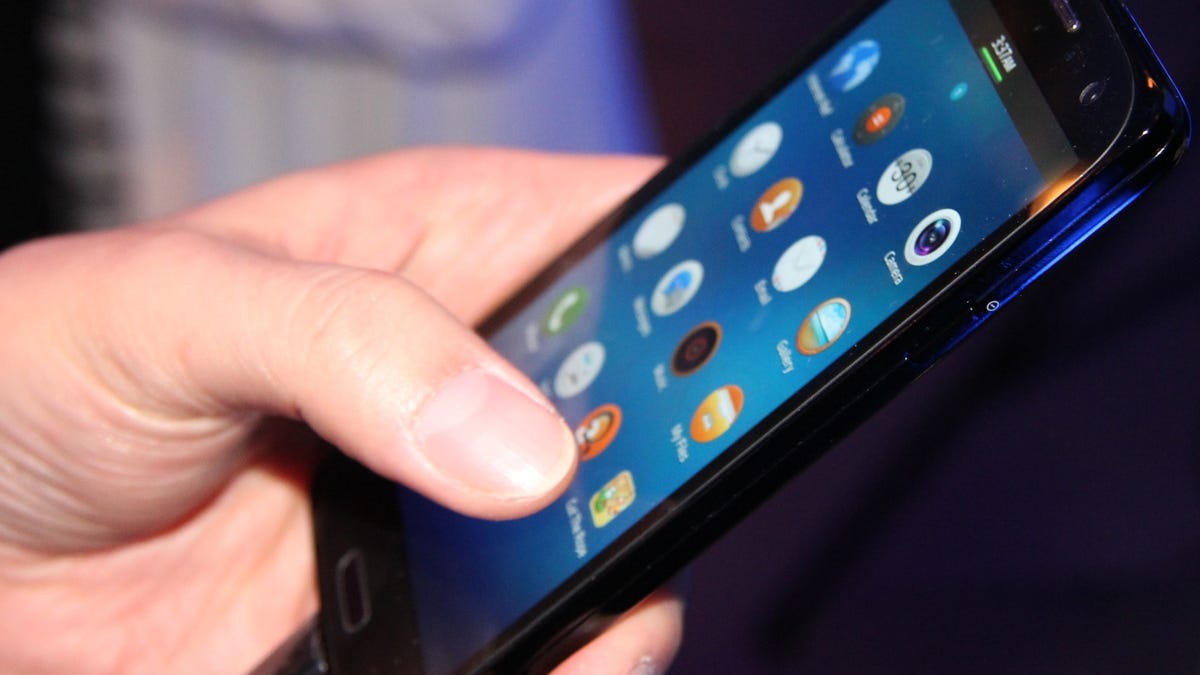Samsung delays first Tizen phone to fourth quarter
The debut phone using the upstart Tizen operating system was originally slated to launch in July or August, but has been pushed back to the last quarter of the year.

The first Samsung Electronics phone running on Tizen, an operating system shepherded into development by the Korean consumer electronics giant, has hit a snag.
Samsung had originally expected to launch the first Tizen phone sometime between July and August, but now expects it to go on sale in the fourth quarter, according to people familiar with Samsung's plans. That first phone could be announced at the IFA trade show in September, according to Korean news site i24news.
Samsung's secret weapon in the mobile wars: Tizen
Tizen represents a new smartphone operating system that gives Samsung a platform that it has more control over. If successful, it could eventually allow the company to wean itself off its dependence on Android, even though its most successful products, the Galaxy S3/S4 and Galaxy Note and Tab lines, are powered by Google's OS. While open, Samsung and Intel have taken the lead on the development of the operating system.
Tizen was initially supposed to launch with Japan's NTT Docomo, as well as with France's Orange. No U.S. carrier has committed to Tizen, although Sprint is part of the alliance that is helping to develop the operating system. Softbank and Sprint could ultimately carry the phones, according to one person familiar with Tizen's development.
The setback is supposedly due to issues with the app store. The group behind Tizen has been working furiously to garner developer support, having held hackathons and other events in recent months. But the upstart OS will still be well behind other newer operating systems competing for the same eyeballs, including BlackBerry 10 and Windows Phone. Android and Apple's iOS continue to dominate the market.
Tizen phones are expected to be high-end devices when they launch. While other operating systems have struggled to make a dent in the market, Tizen does have the backing of Samsung, which has proven its ability to create a juggernaut through the combination of smart products along with savvy -- and heavy -- marketing.

